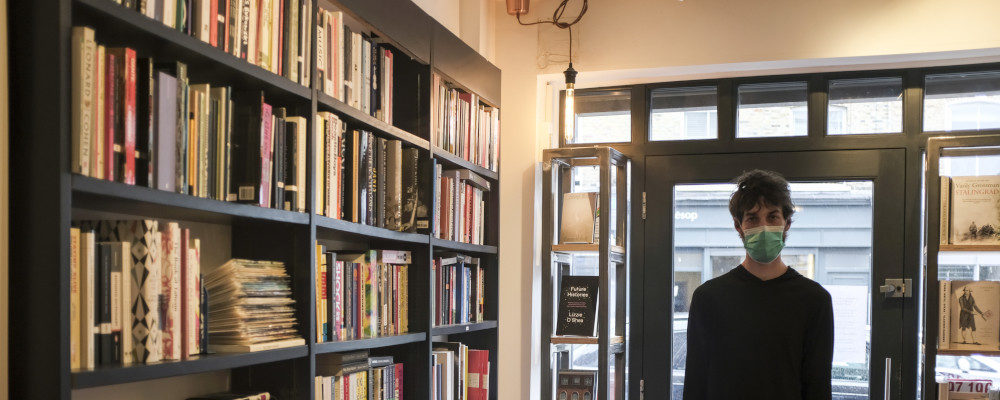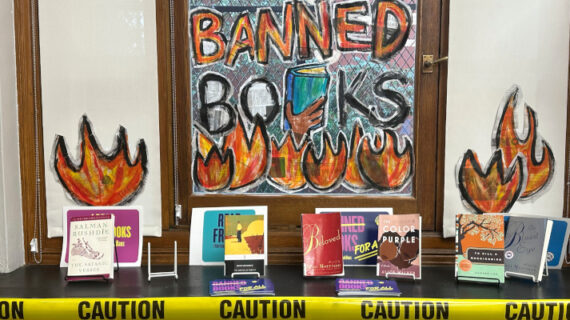The internet has transformed wine writing and wine reading substantively.
If ever there was a subject matter that wanted to be organized by searchable categories, it’s the ever-expanding world of wine. The majority of wine writing is now for websites that are essentially databases storing information on the contents of this or that bottle, or the rules of production for a given appellation.
Like most other forms of knowledge, access to wine facts, figures, and product details has become fast and easy. The big picture, however, might be better appreciated at a more leisurely pace, between the covers of a real book, free of the distractions of the online world.
Here are five wine books I found both useful and entertaining. The first, I find essential to have on hand, and much more fun to browse than a browser. The second, I re-read every few years to recapture its spirit and compare my reading to the last and first ones. The next two offer an engaging, if disparate, look at the pre-pandemic fine wine scene in the late 2010s, and touch trends that are still very much in play. And the last is a deep dive into wine history that has given me great insight into how contemporary things came to be.
Oxford Companion to Wine
Jancis Robinson, OBE MW, may well be the most respected wine writer in the English-speaking world, and her praise for a wine or a winemaker will elevate its or their status in a way that few, if any, others can. A great deal of her reputation is built on her position, since its inception in the 1990s, as the editor of The Oxford Companion to Wine. This giant reference book has eight pages of listed contributors, all with impeccable credentials. If there is one essential book for the wine curious, this is it.
Rarely a week goes by where I don’t consult the OCW. Sometimes it’s just for fun, if I’ve bought a bottle of something I don’t know much about. Often it’s to check or refresh my knowledge on a subject I am writing about.
Like all good, well-written and edited reference books, it can quickly become a rabbit hole. Looking up one subject will inevitably lead to checking another. My copy sits on my desk next to my laptop and from it protrudes, at any given time, at least half a dozen bookmarks.
The Fourth Edition of the Oxford Companion to Wine was published in 2015; Robinson has Tweeted that a Fifth Edition should be available in 2023, “if all goes according to plan.” Paid subscribers to jancisrobinson.com have access to a digital version of the OCW, as well as The World Atlas of Wine she co-authors with fellow OBE and esteemed wine journalist Hugh Johnson.
Adventures on the Wine Route
Adventures on the Wine Route: A Wine Buyer’s Tour of France, by Kermit Lynch, was first published in 1988 but reads uncannily fresh all these years later. Lynch is in the wine trade, and established his own Berkeley, California wine shop and import business in 1972, in the centre of what would become the good food and wine movement in North America. Adventures is a travelogue, and each chapter covers a wine region and his visits to the vineyards, cellars, and winemakers there. The ideas about making wine that Lynch discovers and celebrates were, then, considered old-fashioned and dying out. Now concepts like making wine that expresses terroir are mainstream and considered modern.
The real charm of Adventures on the Wine Route, though, is the quality of Lynch’s writing and talent for setting up a good story. Lynch is always the foil, the fish out of water, so his discovery becomes the readers’. Adventures is the book I go back to when I need to be reminded that the best writing about wine is really writing about people.
Cork Dork
Bianca Bosker is a 30-something journalist based in New York City who went full gonzo into the contemporary fine wine scene by studying for and writing the exams to be a Master Sommelier. Her account of the adventure is 2017’s Cork Dork: A Wine-Fueled Adventure Among the Obsessive Sommeliers, Big Bottle Hunters and Rogue Scientists Who Taught Me to Live for Taste. Bosker explains why the sons and daughters of bankers and lawyers are increasingly opting to go into the wine trade. Much of the book is spent hanging out with the elites of New York’s wine scene, and Bosker’s Millennial version of a fish out of water in the wine trade bookends nicely with Lynch’s Boomer one, a generation later.
Godforsaken Grapes
Jason Lewis’ 2018 book, Godforsaken Grapes: A Slightly Tipsy Journey through the World of Strange, Obscure, and Underappreciated Wine, gets its title from a quote by the American über-critic Robert Parker, who suggested many lesser-known, or planted, varieties of wine grapes deserved their obscurity. Wilson does not agree, questions why 80 percent of the world’s wine is made from just 20 percent of known varieties, and seeks out original and interesting vineyards and the people who champion them. Wilson is very much in the zeitgeist of renewed interest in so-called indigenous grapes, pioneered by organizations like Slow Food in Italy. He also pays attention to hybrid grapes in North America: crosses of European and American varieties that can withstand a cold climate and are gaining traction among the hipster wine set.
French Wine: A History
Rod Phillips is a long-ago transplanted Kiwi who is a professor of French history at Carleton University. His French Wine: A History (2016) is a tour-de-force and a fascinating look at the place of wine in French culture. As a professional historian, fluent in French, Phillips has combed the archives of France’s wine regions, which he knows inside and out from his side gig as a wine journalist. His books are as funny as they are informative, as he brings a sardonic Anglosphere view of Gallic efforts to promote its original consumer product and export.




